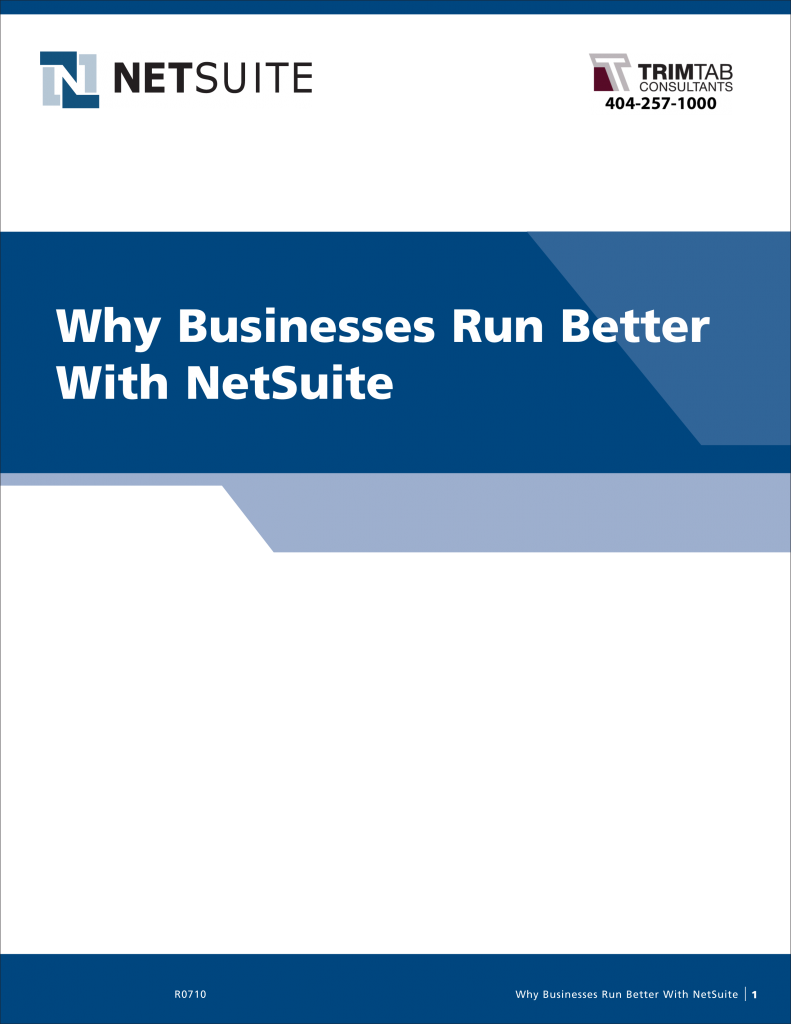 See Full 18 Page Whitepaper Here
See Full 18 Page Whitepaper Here
Introduction
While many companies are initially thrilled with the benefits of adopting SaaS, it doesn’t take long for the realization to set in: deploying siloed SaaS applications alone may resolve some problems of on-premise software, but it is not enough to fulfill the broader potential of transforming the way businesses are run.
Consider the following challenges that are not met by SaaS alone:
- If multiple SaaS applications are implemented, data fragmentation still exists. Several overlapping databases must be consolidated and reconciled to create a comprehensive and consistent view. The integration and data warehouse systems required to solve this problem can result in an on-premise mess that has simply been transferred to the cloud
- Each application has its own style of configuration. Users’ efforts to adapt the software to their needs can be hampered as they try to keep track of multiple methods of configuration
- Getting a comprehensive picture of how people are using the software is more difficult because multiple applications must be monitored
- End-to-end processes are harder to automate because they must be integrated across multiple applications and databases
To rise above these limitations, NetSuite created a collection of applications that are built on the SaaS model and integrated around a single database. NetSuite adds a business process perspective in the following ways:
- NetSuite is not just ERP but also CRM, HR, Ecommerce, warehouse management, project management, and customer service all on a shared database.
- Businesses can start by solving an initial need, but grow their SaaS footprint in an integrated and planned manner.
- NetSuite is not just software from one vendor, but all processes integrated in a way that allows the work to easily flow from one application to another
- NetSuite’s single database obviates the need for an expensive and slow data warehousing process to create a unified consistent view of the data. NetSuite also comes with hundreds of prebuilt analytics and reports and can easily be customized and extended.
- Once users understand the rules of how to configure and adapt NetSuite to meet their own needs, the same techniques apply to all applications
- NetSuite’s SuiteCloud development platform allows custom applications to be created when needed. This platform creates a vibrant market ecosystem where developers can create extensions and add even more innovation and options on top of the NetSuite platform
- NetSuite meets the highest standards for Ecommerce in the United States and European Union. Certifications include PCI DSS, SAS 70 Type II, and EU-Safe Harbor
- NetSuite understands that some companies may want additional disaster recovery protection. NetSuite offers flexible disaster recovery options including custom replication of data to a remote redundant set of servers
- NetSuite’s implementation methodology usually results in going live in 4 months
